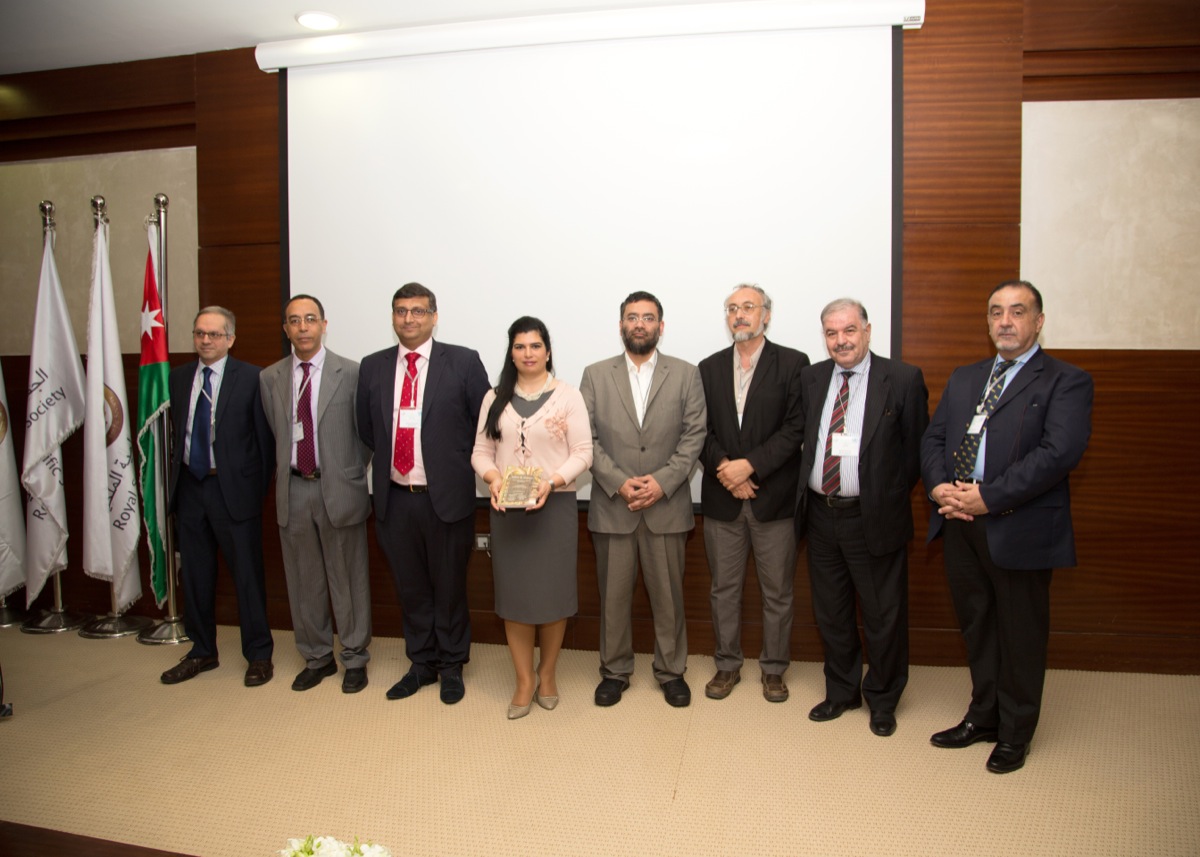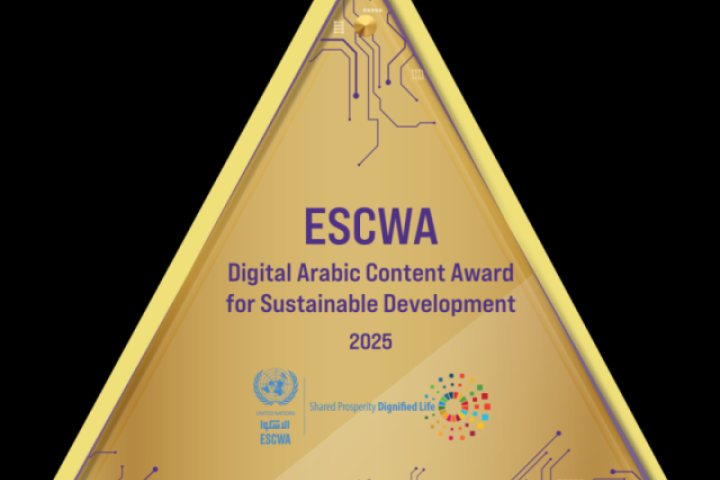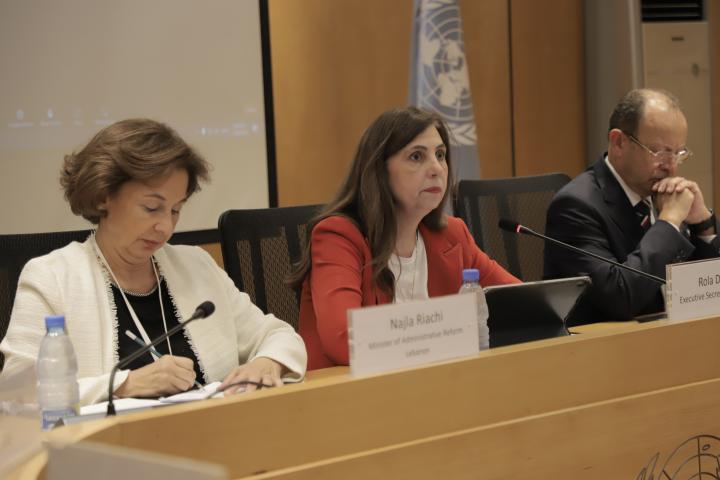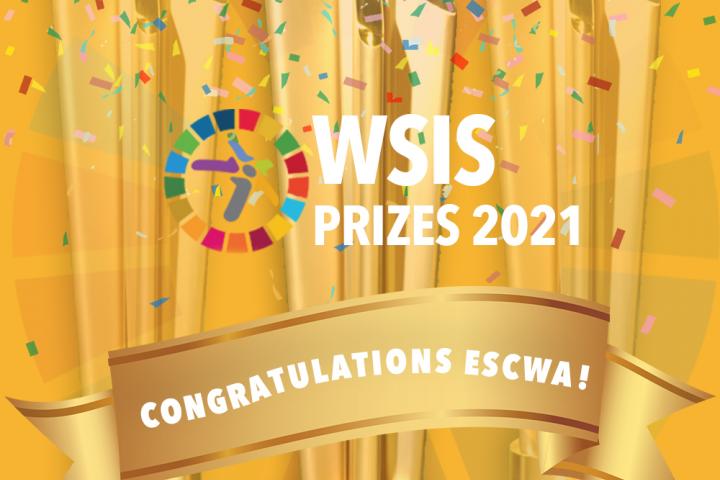On 5 May 2016, experts from across the Islamic world gathered at the Royal Scientific Society (RSS) in Amman, Jordan, to participate in the International Seminar on Islam and Science. Under the theme “Islamic Perspectives on Science’s Big Questions” the Seminar discussed a variety of topics, including Islam and Modern Science; Cosmology and Evolution; and Islam- Science Relationship: The Way Forward.
The Seminar’s theme was based on a recent report published by Muslim-Science.com’s Task Force on Islam and Science (http://www.muslim-science.com/Islam-and-Science-Report), which was launched in the event.
Held under the patronage of HRH Princess Sumaya bint El Hassan, RSS President, the one-day Seminar was jointly organized and supported by the Islamic World Academy of Sciences (IAS); The ESCWA Technology Centre (ETC); The John Templeton Foundation (JTF); The Muslim World Science Initiative (MWSI); The Turkish Society for History of Science (TBTK); The Islamic Educational, Scientific and Cultural Organization (ISESCO) as well as the RSS.
Speakers at the opening session were: Princess Sumaya bint El Hassan; Mr. Athar Osama, Founder of MWSI and Director of its task forces project; Mr. Fouad Mrad, Executive Director of ETC; and Mr. Moneef Zou'bi, Director-General of IAS.
In her statement, Princess Sumaya said, “It is vital to address these issues continuously. They are sometimes difficult, often controversial, but always essential to the peaceful reconciliation of progress with faith.”
Princess Sumaya added, “there will always be some degree of friction between our faith and our future development through science and innovation; however, how we manage and mediate that friction – that conflict – will determine how inclusive, thoughtful and successful our future progress will be.” “If we are to be true to our heritage and our faith, then we must acknowledge one inalienable truth: Knowledge must be free. It must be sought honestly and analyzed wisely,” she noted.
For his part, Osama said, "There is very little debate in the Muslim world around Science - not just the social contract of science - but often tricky but critical issues at the intersection of science, religion, and society.” He noted that the Task Force is an attempt to catalyze this important conversation and to do so such that it is generated from within rather than imposed from outside.
In his statement, Mrad noted that ETC is a regional organization aiming for technology transfer and development for sustainable development in 18 Arab countries and works towards regional integration and cooperation in technology and innovation, which justifies the cultural values impact of the subject discussed by the Seminar in the Centre’s mandate.
In his statement, Zou’bi said that the member countries and organizations of the Organization for Islamic Countries (OIC) tend to pay lip service to the intellectual quality of the scientists of the past and the milieu in which they excelled. He affirmed that one of the key challenges facing OIC members and scholars – today is “how to develop a view point on modern science that is in harmony with Islam that yet projects the capacity of modern science to address problems and catalyze socioeconomic development.”
The Seminar resulted in a number of recommendations, including compiling and adapting suitable technopreneurship values for Muslim youth; developing suitable measurement techniques of the impact of Science Technology and Innovation (STI) on Sustainable Development in Arab and Muslim countries; distilling from the event’s discussions and presentations practical educational material for high school and university students; and promoting possible efforts aiming to network with the Council of Ministers of Education in Muslim countries to disseminate awareness and science-policy interface message from the report on Islam and Science launched during the Seminar.




